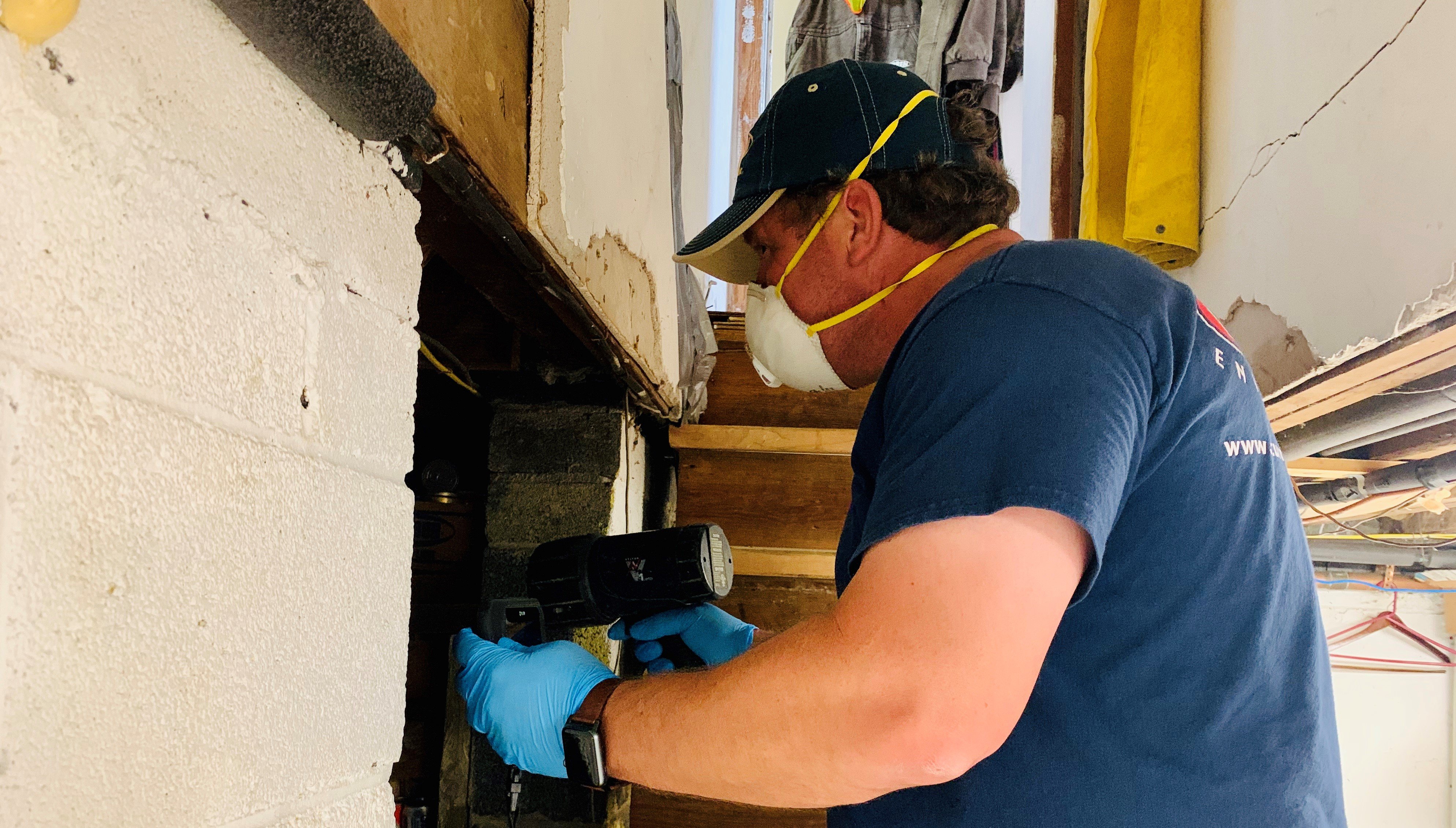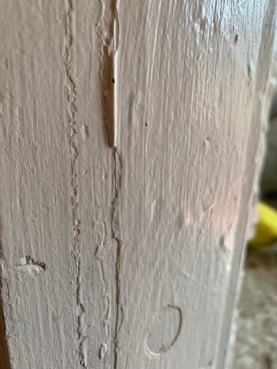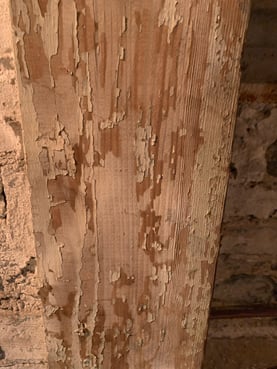New Jersey Lead Based Paint Hazard Law, aka New Jersey’s Lead Safe Certification.
Bill (S1147) which lead to P.L.2021, c.182 is a law concerning certain lead-based paint hazards in residential rental property. This legislation takes aim at lead paint and dust, the most common sources of lead exposure in a residence, by creating a new requirement that any rental property in New Jersey built before 1978 be inspected for lead. This closed a loophole in New Jersey's lead testing regulations, which allowed single-family and two-family rental units to go without inspection.
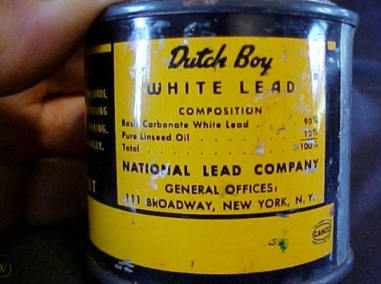
Many people are referring to this law as , New Jersey’s Lead Safe Certification.
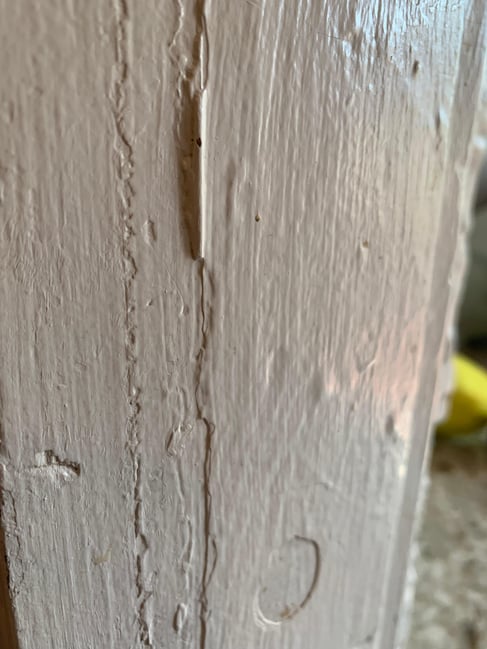
How does New Jerseys new lead law affect property owners?
In short if you have a rental property (built prior to 1978) that has not undergone lead evaluation, such as receiving a lead free (no lead) certification you have to have a lead inspection within 2 years of July 22, 2022 (when the law came into effect). The lead-paint inspections are Visual with dust wipe sampling in certain municipalities where children have been found to have an elevated blood level. The type of lead inspection is based on the lead blood level of children in the municipality and that information can be found by clicking on the following link Lead Inspection Type by Municipality.
Some properties get a pass such as owner occupied and units that are seasonal such as units rented for under 6 months., VRBO rentals are also exempt.
Questions? Free Consultation
888-301-1050
Are lead paint inspections perpetual or one & done?
Lead is eternal under the law, after your initial inspection, you must reinspect every three years going forward but this is tied to having a current lead safe certificate (lead safe is good for 2 years) and tenant turnover. Stay with me here. Say you inspect and get lead safe, well that certification is good for 2 years and you technically do not need to reinspect for 3 years. BUT if your tenant leaves at say 2 years 1 month, your lead safe certificate has expired and instead of waiting three years you have to reinspect because you have tenant turnover.
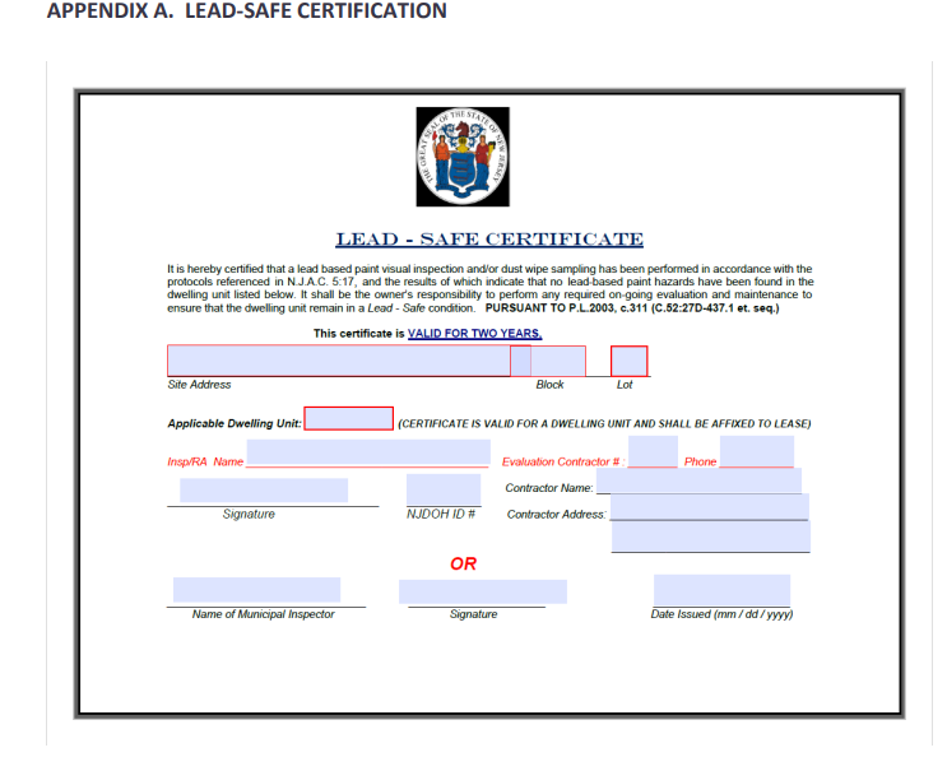
A flaw of implementation of the law is it is presumed that your property has lead paint if built before 1978 which is when the CPSC banned lead paint, but in New Jersey it was banned in 1971 AND usage was on the decline starting in 1960. So many properties built between 1960 and 1978 likely do not have lead paint, of course you could buy lead based paint out of state at Rickels or Hechingers or Mr. Good Buys.
Pro Tip: The law assumes you have lead paint.
If you have not tested for lead based paint and the property is pre-1978 original construction, the law states you must assume it is lead-based paint,
So, what does this Lead Safe Certification law require of a property owner?
If you rent pre-1978 property that does not qualify for one of the exemptions, beginning July 22, 2022, you will be required to have a Visual Lead-Paint Inspection or visual and wipe sampling. You hope to pass the inspection and obtain a Lead Safe Certification, (which is only good for two years).
This inspection, (visual and/or dust wipe) can only be done by
1) Municipal local agency inspection program, Least Likely
2) a NJ DCA certified Lead Evaluation contractor hired by the municipality Not Likely
OR
3) the property owner can hire directly a NJ DCA Certified Lead Evaluation contractor to provide the required inspection services. Most Likely
All of whom will assess a fee for the inspection services.
Oh and the municipality is required to obtain a fee of $20 per unit inspected which goes into a fund for lead education and remediation.
If no lead-based paint hazards are found during the inspection, the local agency or the DCA certified lead evaluation contractor shall certify the dwelling unit as lead-safe on a form prescribed by the department of Community Affairs. The form is provided to the owner, municipality and the DCA.
What if a Lead Hazard is Found?
If Lead based paint hazards are found:
1 The owner has to address it and get a reinspection within 60 days.
2. Commissioner of Community Affairs must be notified.
3. Section 8 of the, “Lead Hazard control Assistance Act” if Lead Hazards are identified in a two or three family pre-1978 rental property, the law requires the remaining units in the property also be visually and/or dust wipe sampled.
The Rub
If you find a lead paint hazard, well you have to more intensively inspect the other units if they exist
Additionally, if the lead evaluation entity (municipal or private) finds that a lead-based paint hazard exists in a dwelling unit upon conducting the inspection pursuant to this law, the lead evaluation contractor or permanent local agency shall notify the Commissioner of Community Affairs. Upon reviewing the finding in accordance with Section 8 of the, “Lead Hazard control Assistance Act” if Lead Hazards are identified in a two or three family pre-1978 rental property, the law requires the remaining units in the property also be visually and/or dust wipe sampled.
How you address lead paint is either interim controls or abatement.
The law further requires that “upon completion of correcting any Lead-Based paint hazard identified during the visual Lead Safe Certification Inspection”, the Lead evaluation contractor or permanent local agency shall conduct a follow up inspection (visual &/or dust wipes) of the unit to certify that the hazard no longer exists. Additional fees apply.
To utilize NJ resources most appropriately, the law has implemented a two-tier public protection inspection requirement. If your rental property is located in a municipality where more than 3% of the children 6 years of age and younger in the community have a blood lead level of equal to or greater than 5ug/dl (CDC old Reference Value) the local agency or NJ DCA Certified Lead Evaluation Contractor shall inspect for lead based paint hazards through dust wipe sampling in addition to a visual inspection for deteriorated painted surfaces.
Owners will be required to provide copies of all Lead Safe Certifications (per unit) and leases to the DCA inspector during their 5-year multiple dwelling inspection. Property owners will be required to provide copies of a current or newly issued Lead Safe Certificate to new residents specific for the unit they will be renting as part of the lease documents. If a resident resides within the unit during the Re-Lead Safe Certification renewal cycle (3 year) the resident must sign a copy of the Lead Safe Certification and such documentation must be maintained
Failure to comply with NJ Lead Safe Certification requirements can incur fines of up to $1000 per unit per week.
What to do to get ready for compliance? First do you meet one of the following Exemptions? (1) the property has been certified to be free of lead-based paint, – (2) the property was originally constructed during or after 1978 , – (3) the rental unit is in a multiple dwelling that has been registered with the DCA as a multiple dwelling for at least 10 years, either under the current or a previous owner, and has no outstanding lead violations from the most recent cyclical inspection performed on the multiple dwelling under the “Hotel and Multiple Dwelling Law,” – (4) is a single-family or two-family seasonal rental dwelling which is rented for less than 6 months duration each year by tenants that do not have consecutive lease renewals; or -(5) has a valid lead-safe certification issued in accordance with this section.
Confused yet?
Questions? Free Consultation
888-301-1050
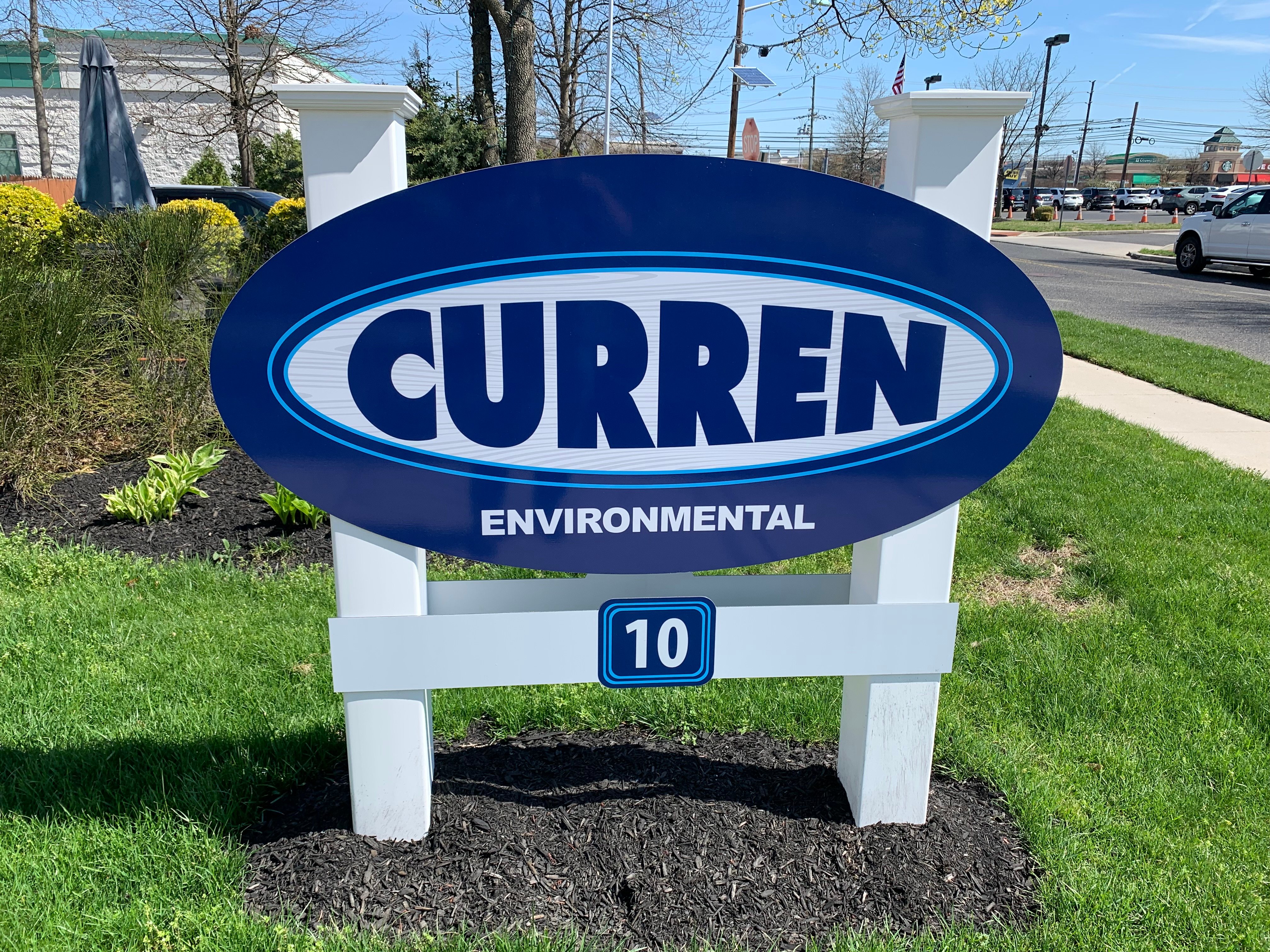


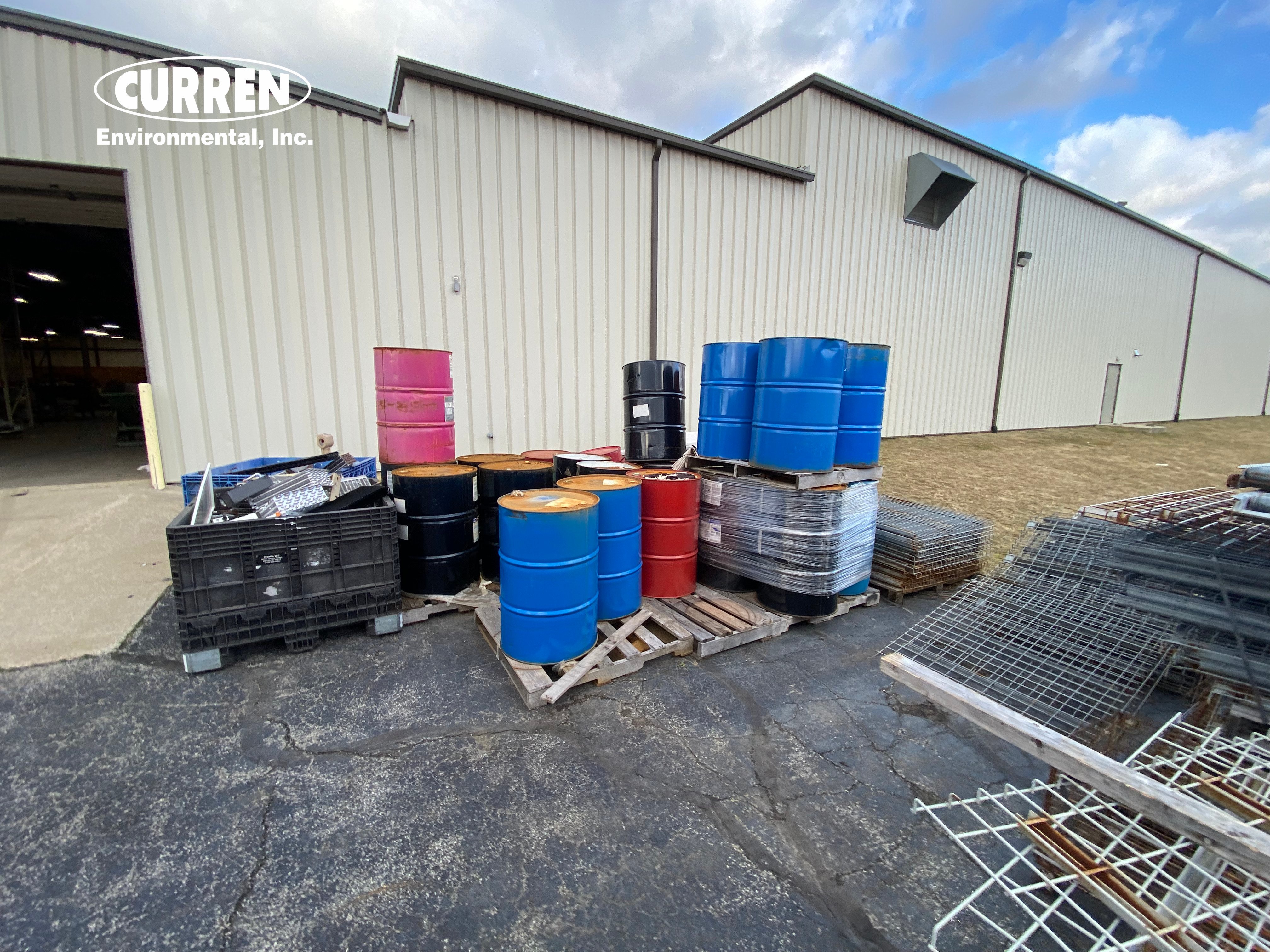
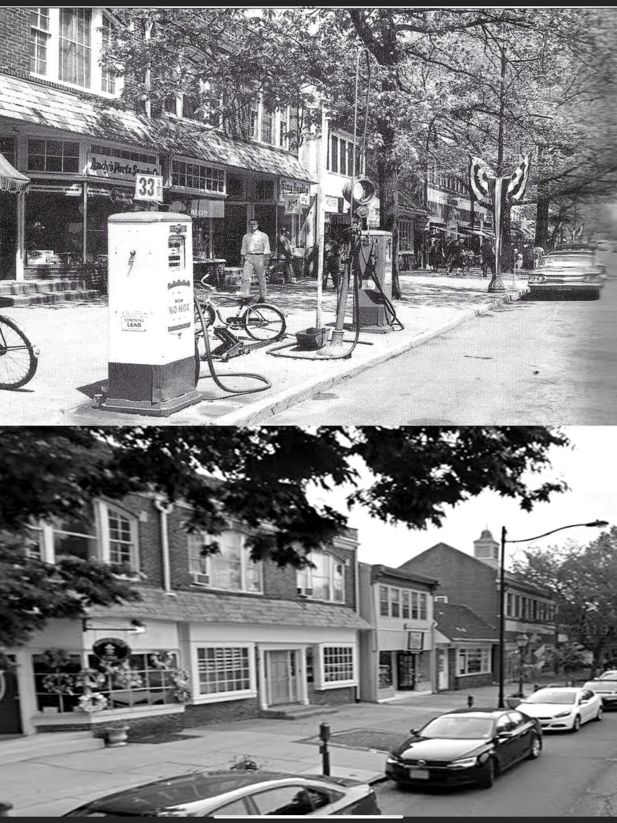
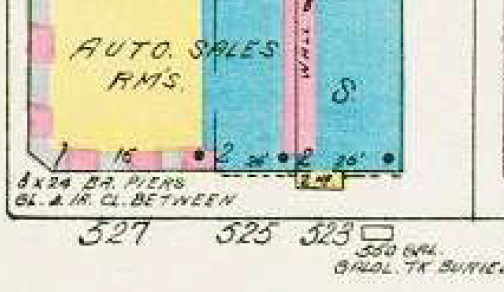
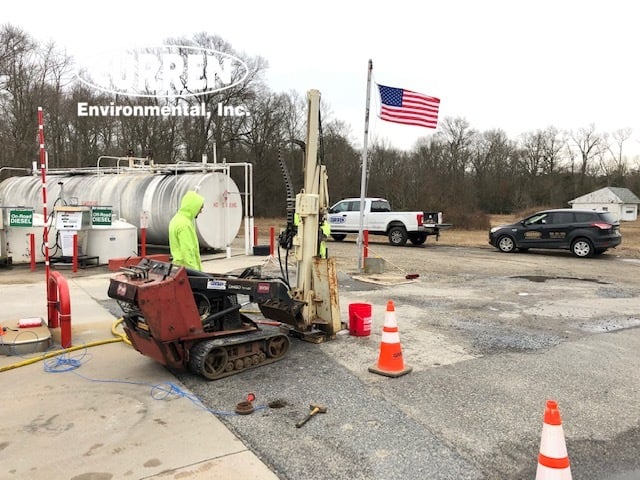
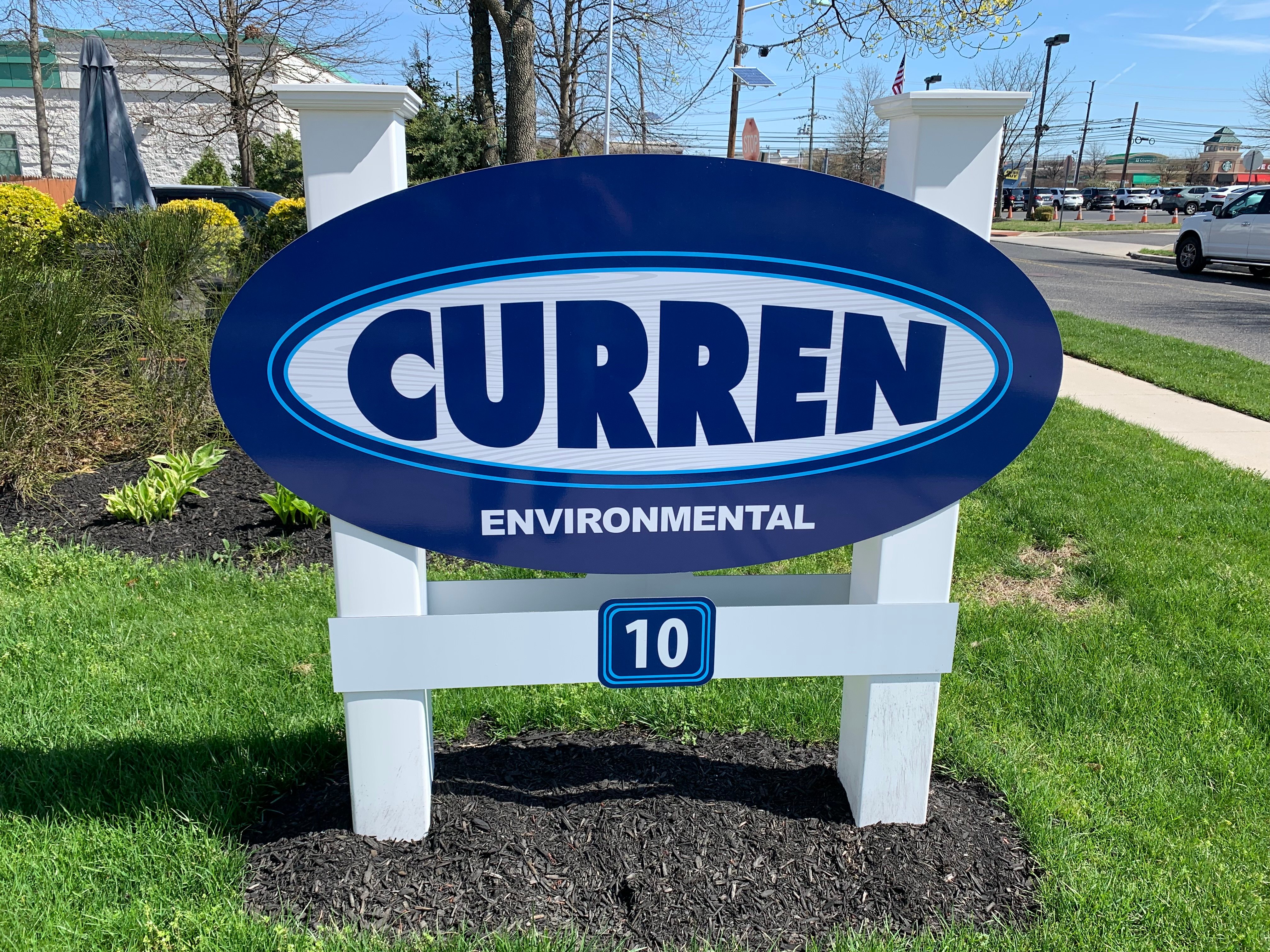
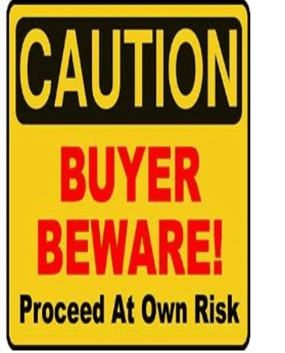
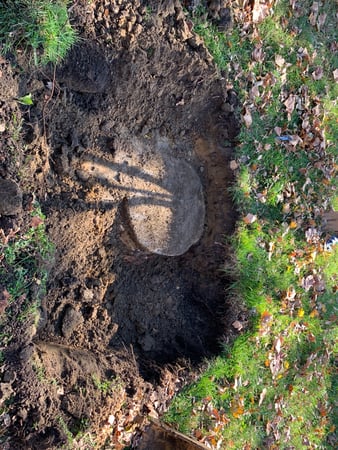

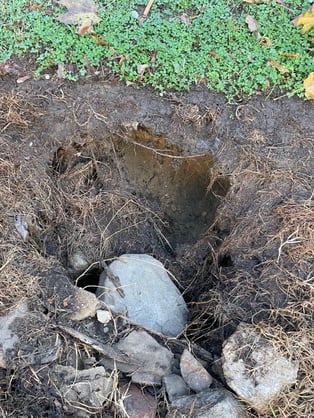
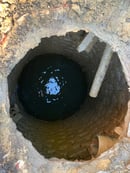 This cistern was found from the settlement in the photo to the right. The cistern lost some integrity allowing collapse in a section of the walls, which allowed soils to seep into the cistern void. This home was circa
This cistern was found from the settlement in the photo to the right. The cistern lost some integrity allowing collapse in a section of the walls, which allowed soils to seep into the cistern void. This home was circa 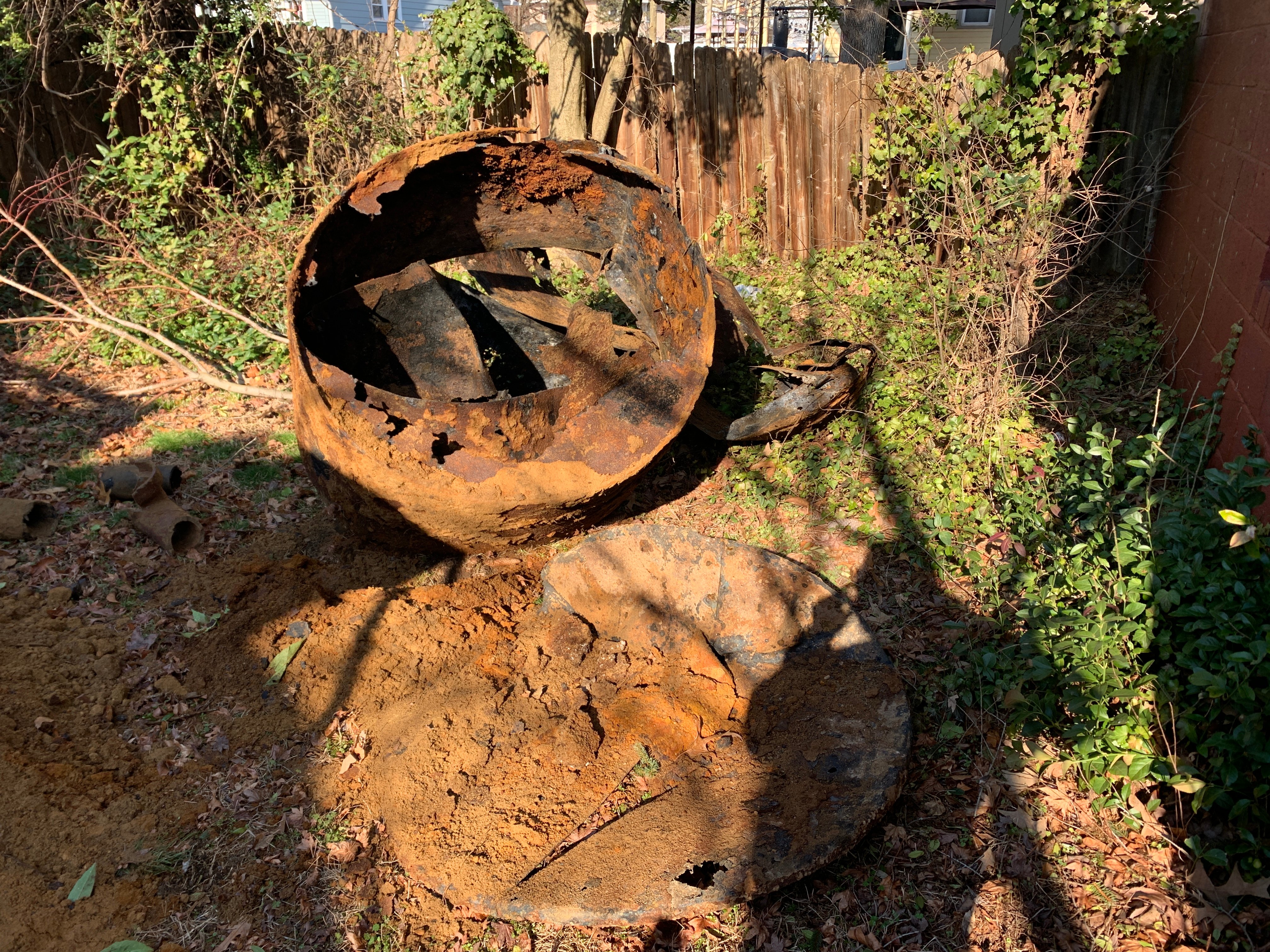
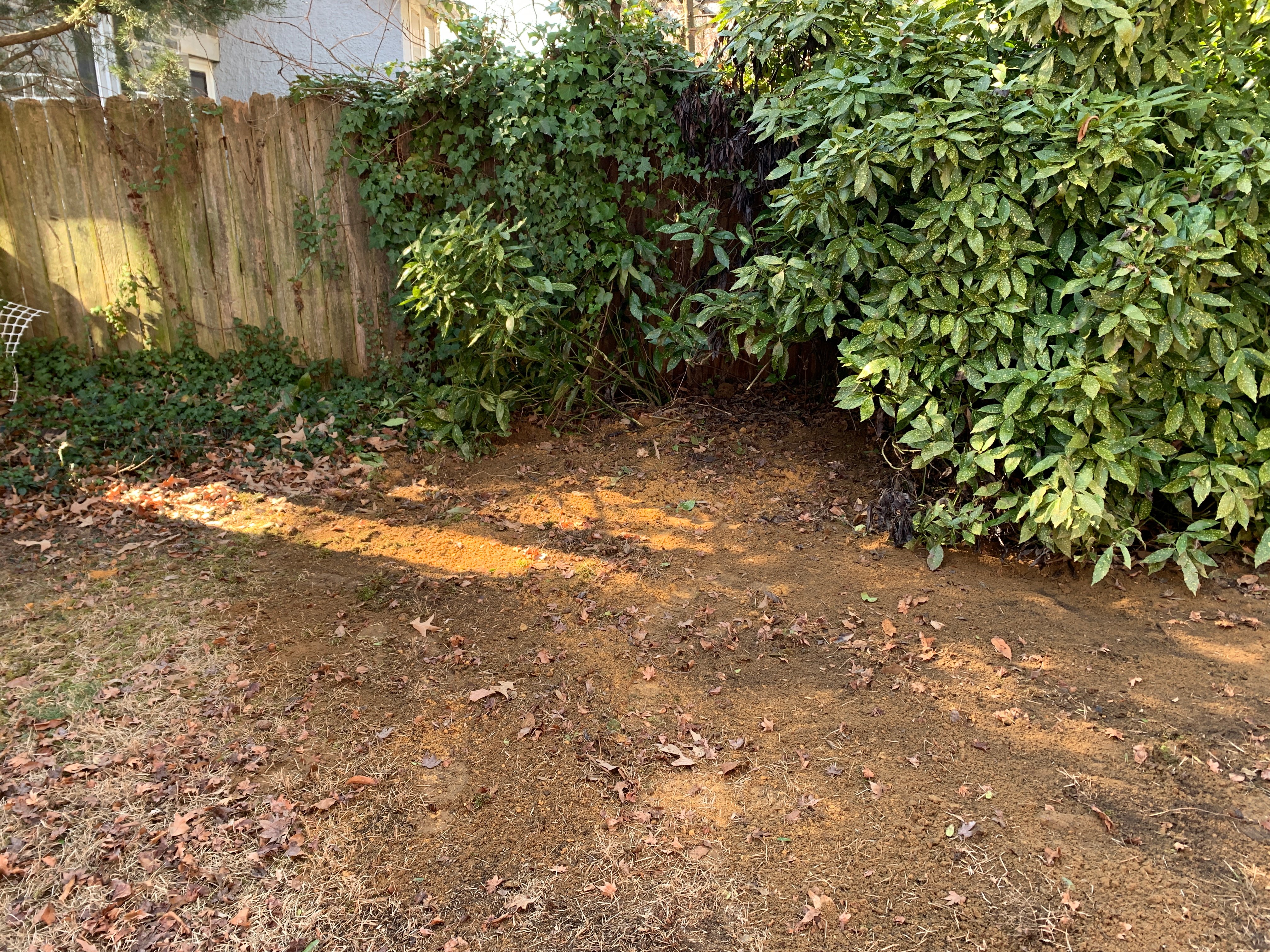
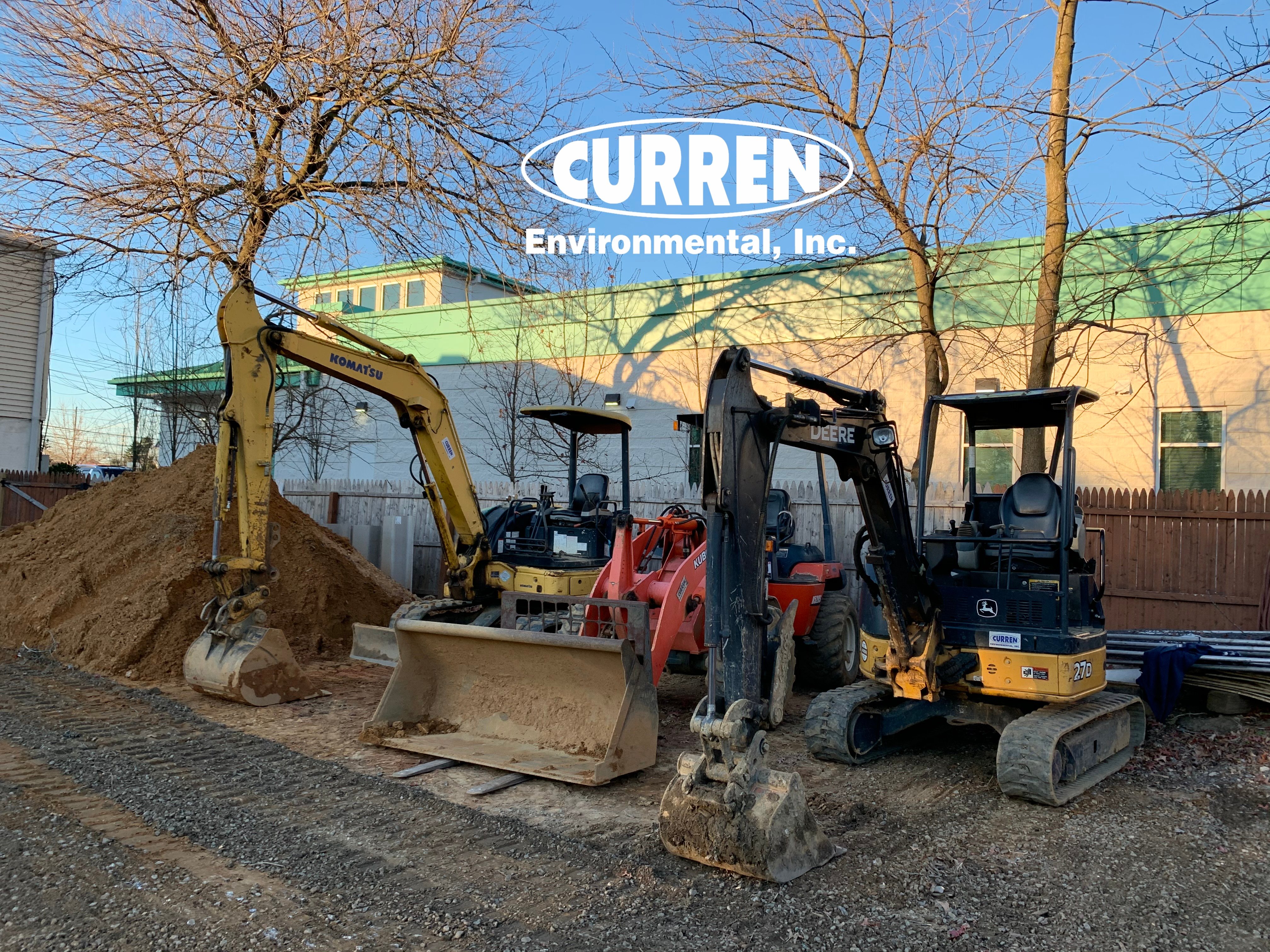
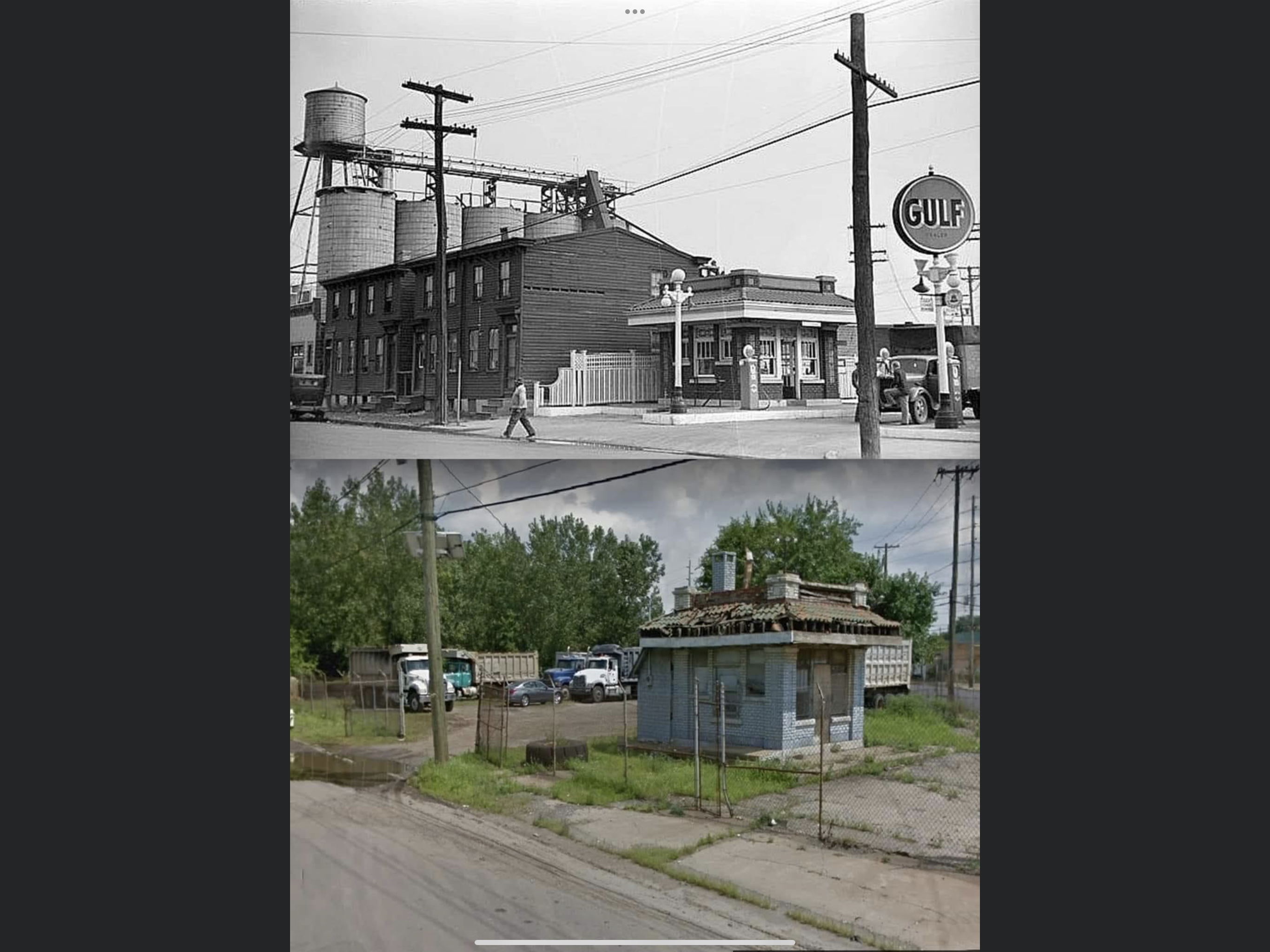


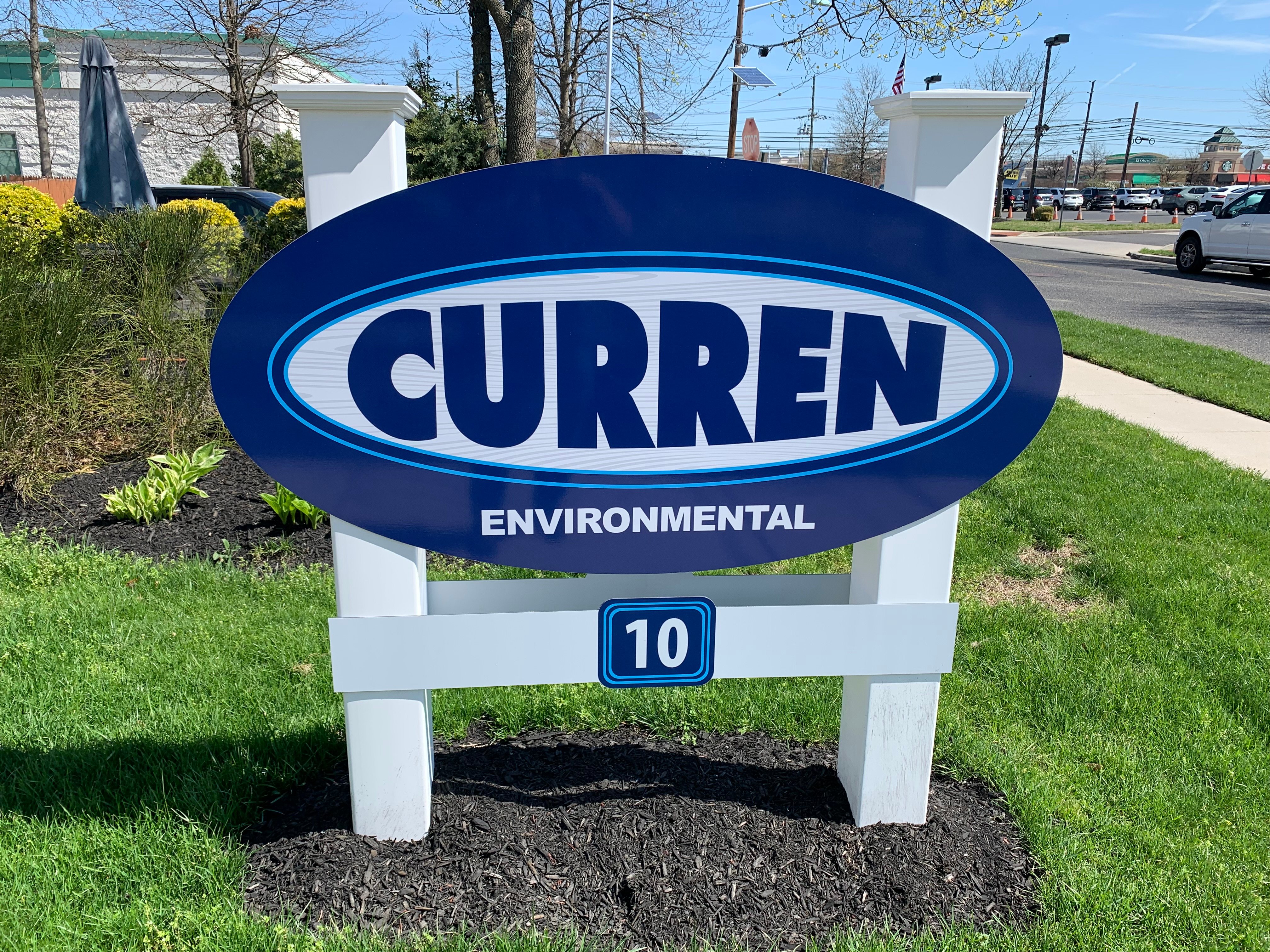
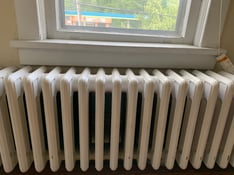
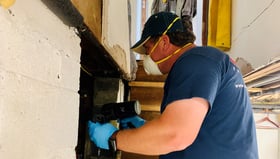
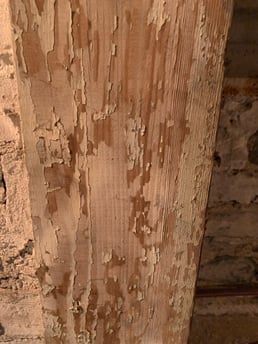
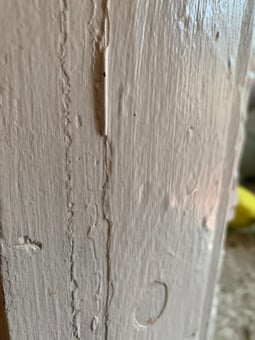
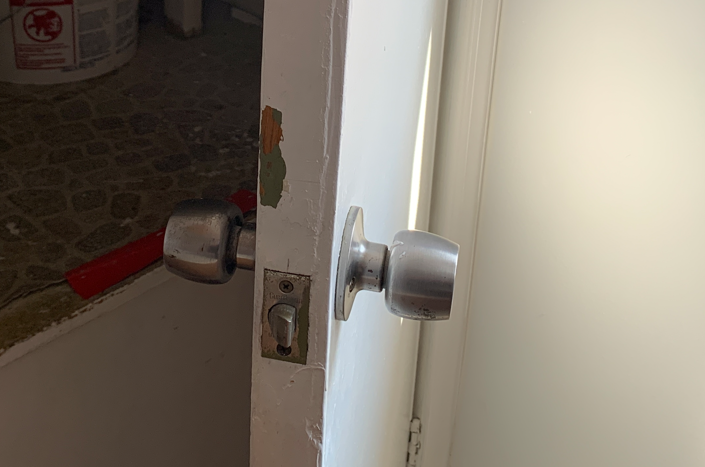
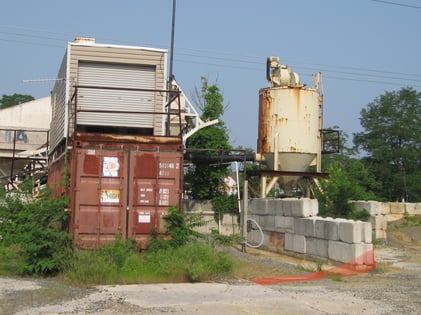
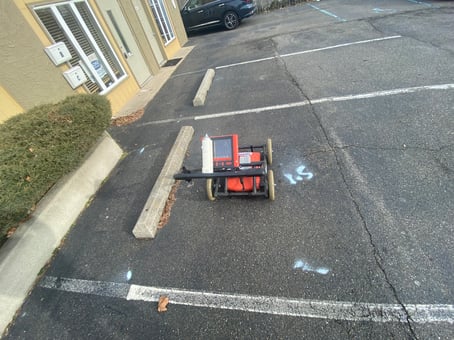
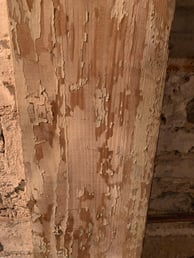
%20and%20Lead%20Paint%20Risk%20Assessment.png?width=1385&height=776&name=difference%20between%20a%20Lead%20Paint%20Inspection%20(LPI)%20and%20Lead%20Paint%20Risk%20Assessment.png)
